BHEF Advises White House on STEM Undergraduate Priorities
Attends President’s Council of Advisors on Science and Technology (PCAST) STEM Higher Education Planning Meeting
Washington, DC (January 5, 2011) —Business-Higher Education Forum (BHEF) Executive Director Brian K. Fitzgerald today presented to the President’s Council of Advisors on Science and Technology (PCAST) the key actions BHEF believes President Obama should take regarding undergraduate science, technology, engineering and mathematics (STEM) education, including developing a national strategy focused on reforming the first two years of STEM undergraduate education.
“We need a comprehensive, national strategy to staunch attrition, improve learning and connect undergraduates to STEM careers during the critical first two years of undergraduate education, when all too many students who are interested and proficient in STEM switch to other majors,” said Fitzgerald. “And we need a broad but cohesive coalition of colleges and universities, government, and business to support and implement this strategy.
Despite decades of efforts and billions of dollars of investments by federal and state governments, foundations, and corporations, fewer than one in five college-bound 12th grader possesses the key ingredients of success in STEM—high interest in STEM and high proficiency in math. One in four students is proficient in math but has low interest in STEM. And another 15 percent of students are interested in STEM but not proficient in math. This must change,” Fitzgerald added.
“Though our STEM initiative, BHEF corporate and academic members are developing a STEM higher education and workforce strategy aimed at remedying these misalignments,” said Fitzgerald.
Fitzgerald recommended to PCAST some specific actions the president could take to strengthen the first two years of STEM undergraduate education:
- Refocus a small portion of existing federal resources to focus on students during these first two years, and require federal grantees do so as well.
- Encourage universities to adopt innovative and effective learning opportunities such as cohort programs and freshman research experiences. A recent survey of major research universities shows relatively scattered adoption of these and other proven approaches.
- Encourage business to focus more on the first two years of STEM undergraduate education by providing real-world learning opportunities such as internships and cooperative learning that equip students with 21st century workplace skills, and by utilizing their human capital to advise and mentor undergraduates.
- Recruit talented STEM students into careers in teaching, as seen through the success of programs such as UTeach.
- Strengthen pathways in STEM majors from the community college to four-year institutions.
“Leveraging the support of the business community and government agencies will be critical to scaling these practices, particularly during these difficult economic times. We would be pleased to work with the Obama administration to strengthen these public-private collaborations and advance this important agenda.” Fitzgerald said.
